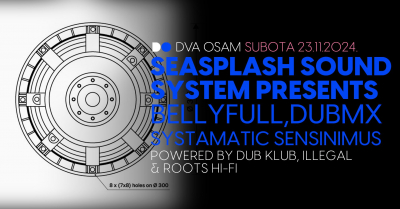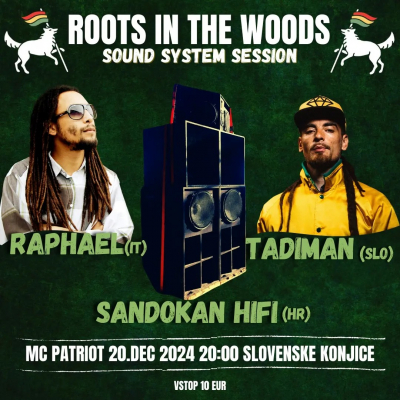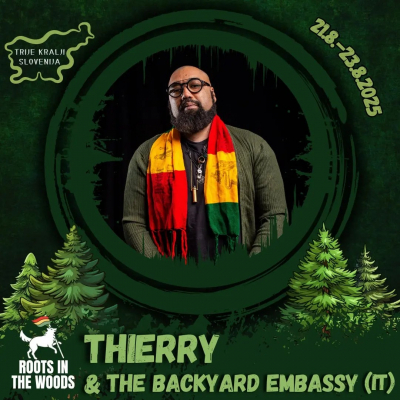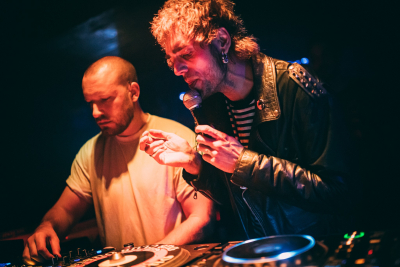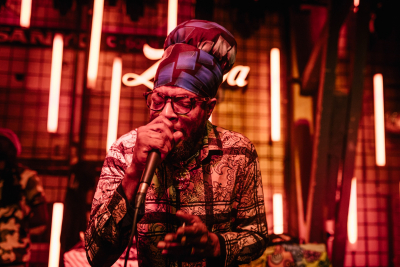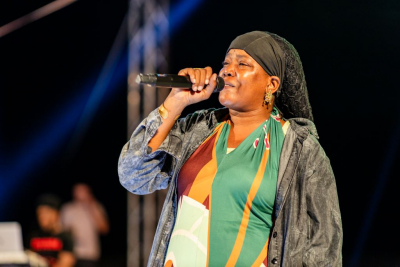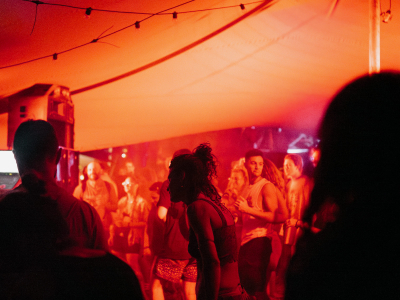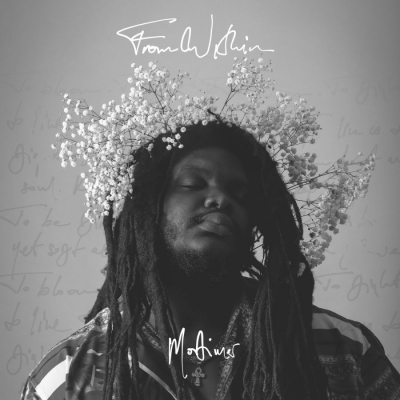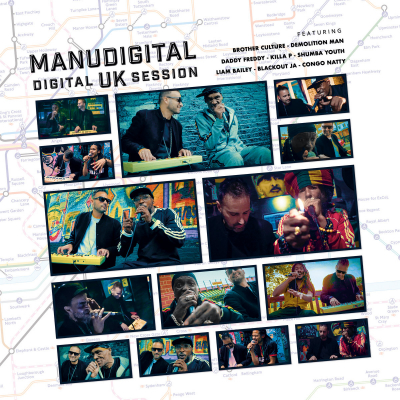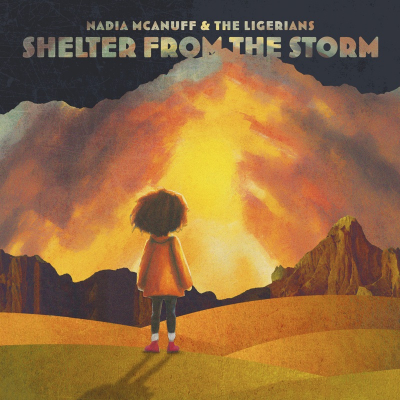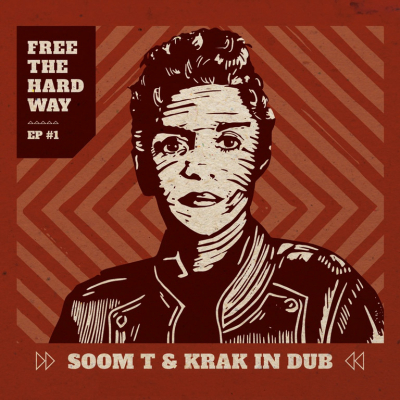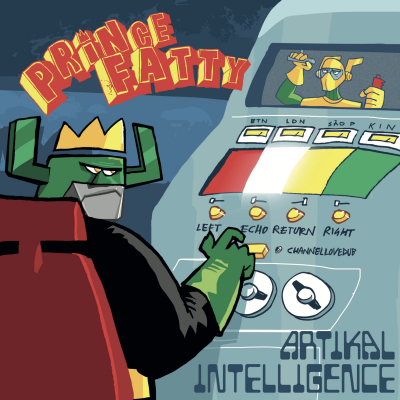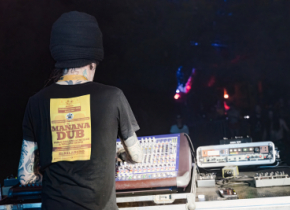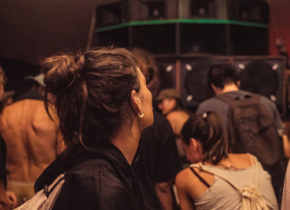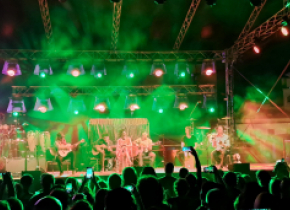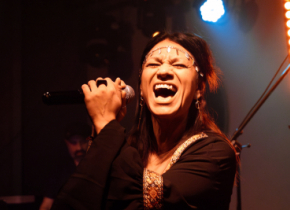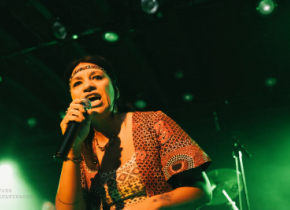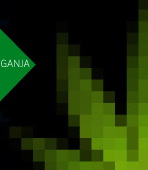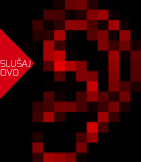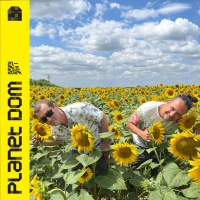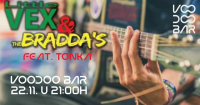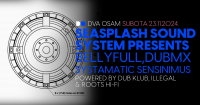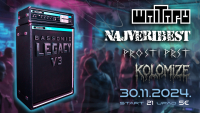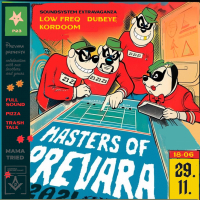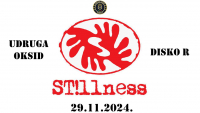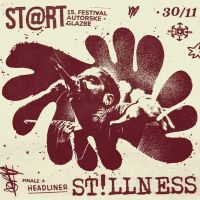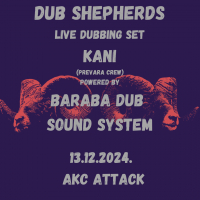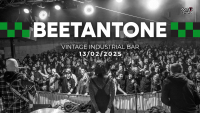After ten years, Dub FX, a top producer, vocalist, beatboxer, lyricist, and instrumentalist, returns to Pula on July 14th. An artist who was the first to run his voice through effects and a loop station, thereby revolutionizing solo music performance with the help of effect pedals. Performing alongside him are Kalikamo and DR.Obi meets Anja G, Roo T & Sistah Tena. Until then, read the interview and get ready for the top-notch entertainment awaiting us in the Rojc courtyard on July 14th.
Reggae hr: How did you discover live looping, and what did you like about that technique?
Dub FX: The first live looper I ever saw was an Australian guy called Lindsey Buckland back in the '90s. He was a street performer who played a strange-looking guitar and a digital drum that could make all sorts of sounds. Loopers weren't invented yet, but he used a digital delay pedal with the repeat set to infinity. He would make a sound and have the delay repeat it in a loop, then play over that and add another sound into the loop. It was truly groundbreaking, and I remember watching him for hours on the streets of Melbourne. I even came across him busking in Rome and Amsterdam by chance. I was only a teenager, but I was so inspired by this guy that I remember thinking, "I want to do that." Once at a dinner party with my dad, someone started talking about him and how they bought his CD. All of these things came together in my brain, and I realized this guy gets to travel all over the world and must sell a lot of CDs, probably making a decent living. Then, when I was around 20 years old, I came across another Australian guy called Mal Webb, who used an Akai Headrush pedal, which I think was the first looper ever made. Webb would beatbox into it and layer sounds with his voice, and I thought, "I really need to get one of those." At that time, I was already using an effects processor on my vocals and singing in various bands or with DJs in clubs, and I also used to beatbox with my friends for fun. So again, I put all these things together in my brain and had a vision of myself busking in the street with my effects pedal connected to a loop station. Before long, I realized that dream and started busking all over Europe. I guess the thing I love most about that technique is the freedom and originality. Everyone has their own influences and vocal sound, so whatever you loop will always be your sound.
Reggae hr: How did the collaboration with saxophonist Mr. Woodnote come about?
Dub FX: A mutual friend booked us to perform together at a poetry slam during a festival. He thought we would get along, and he was right! After that festival, we moved in together in Bristol and started busking and recording together.
Reggae hr: What happened to the dubstep act Kila Mega Giga Tera, of which you were a member? Is that project still active?
Dub FX: Our project included me, Woodnote, and our friend Glade. Unfortunately, Glade didn't enjoy touring and lived in Australia, while Woodnote and I lived in the UK. As a result, the project didn't work out because we couldn't tour together. Also, at that time, I was fully occupied with being DUB FX and didn't have time for anything else.
Reggae hr: You now have a successful international career behind you. Did you hope for this when you started pursuing music?
Dub FX: Of course. It's every musician's dream to be successful. I'm very lucky that a bunch of things aligned for me when they did.
Reggae hr: Your latest album, "Infinite Reflection," contains many conscious messages calling for introspection. Do you believe that such an approach can change society's consciousness?
Dub FX: Absolutely. I don't think I personally can change the world. We all have to do that together. The only way we can all be on the same page is to figure out how to be the best possible versions of ourselves. If everyone did that, I don't believe we would have wars or greedy billionaires who prey on the weak and poor.
Reggae hr: I read somewhere that your festival performances are different from your club performances. How do you make that distinction and what are the advantages of festival performances compared to club performances?
Dub FX: The main difference is that in a club show, I am the main act, and I can play a much longer set, taking people on a journey. At a festival, there are many other acts playing on multiple stages, and I might perform during the day, evening, or late at night, which will determine what kind of tracks I would play. Usually, my set time is around an hour, if I'm lucky, so I typically focus on playing my higher-energy tracks.
Reggae hr: What led you to embrace the DIY approach?
Dub FX: Because I don't belong to a secret society or a super-rich bloodline that can open doors for me.
Reggae hr: You're performing in Pula on July 14th, and Croatian audiences have been fans of yours from the very beginning. What lineup will you be performing in, and what can we expect from your performance?
Dub FX: It all depends on the budget I have. These days, touring and making a living have become super expensive. So, I hope I will have enough budget to bring Woodnote, my lighting, sound, and VJ techs with me to give you the best possible performance. Either way, I started off as a solo musician on the streets, so even if it's just me who shows up, I will still do everything in my power to blow your minds.
Foto: Borna Furlan
[Croatian version] Dub FX: "San svakog glazbenika je biti uspješan"
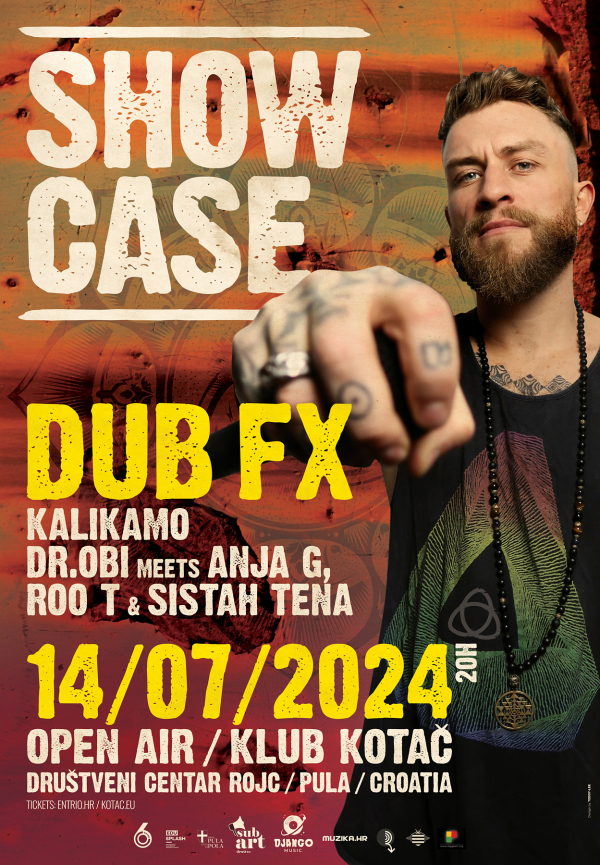




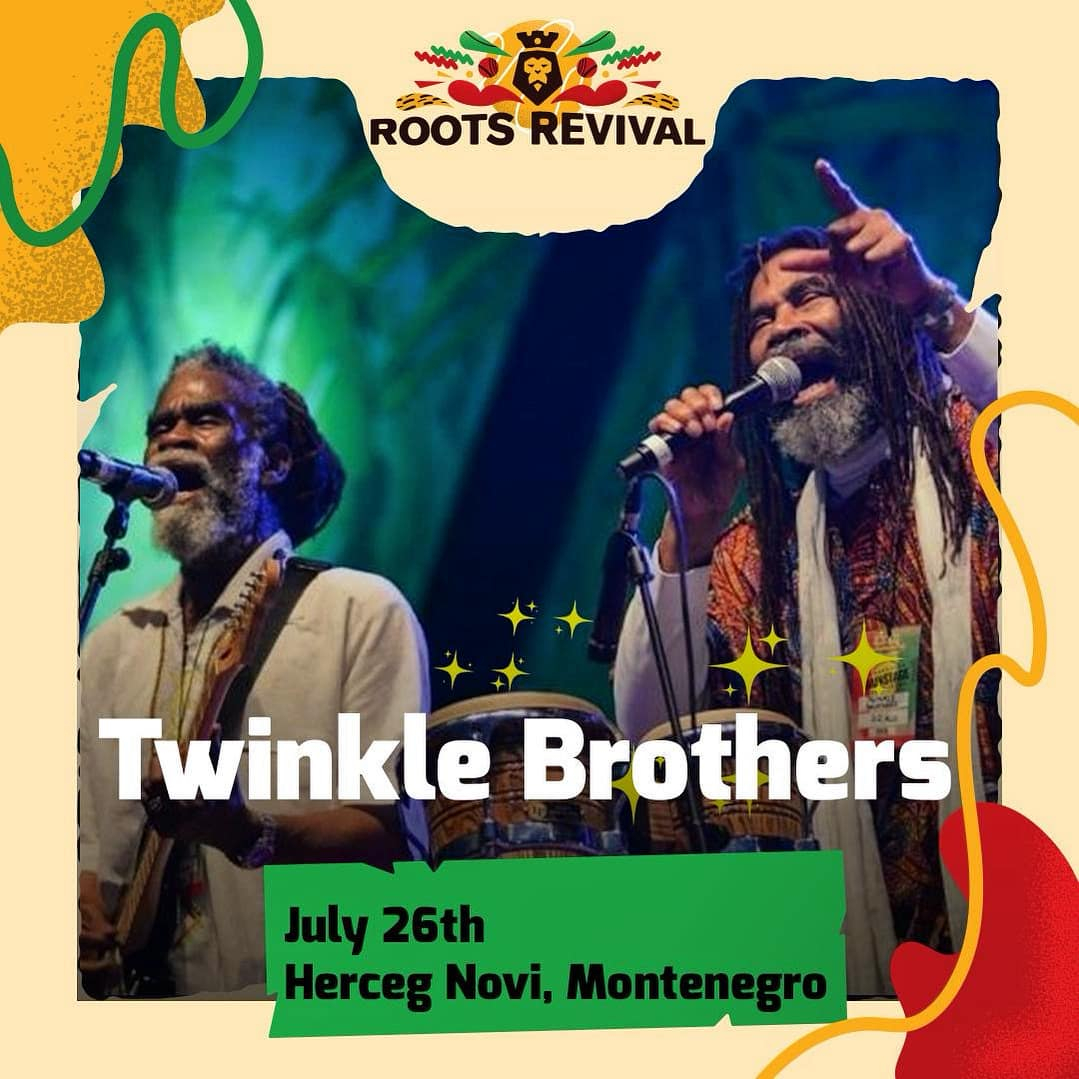
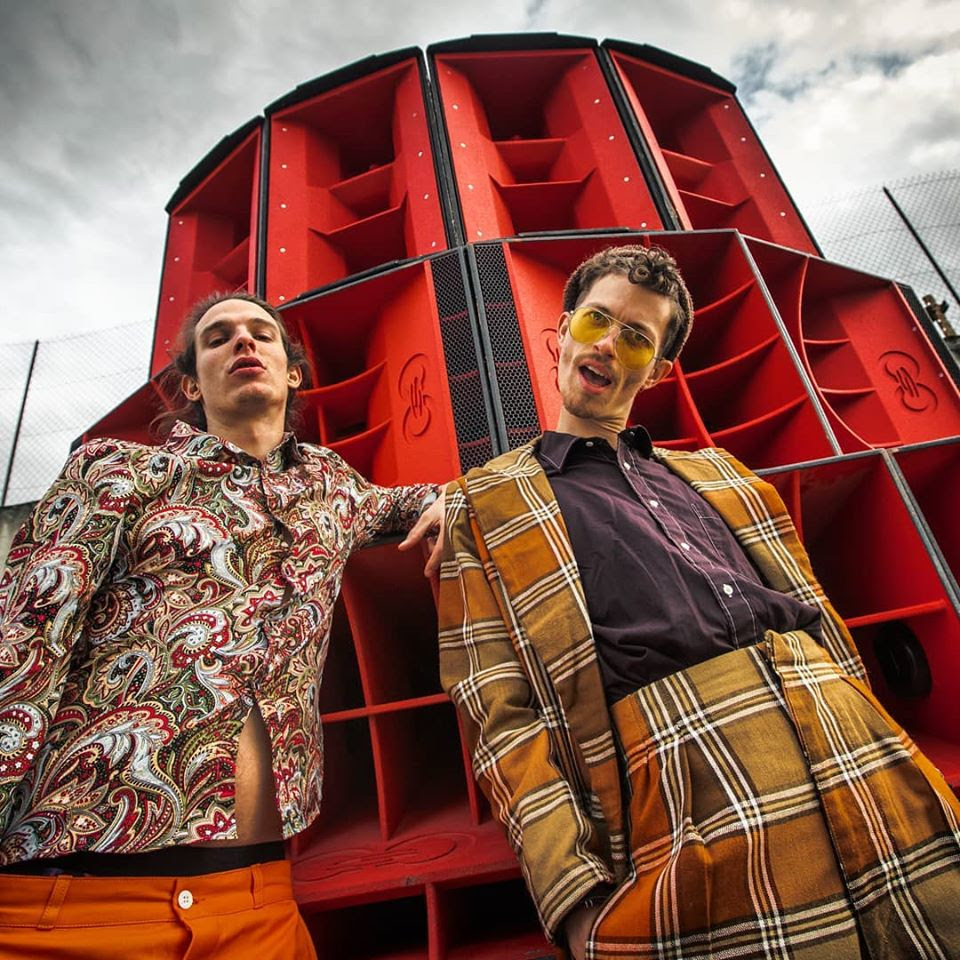
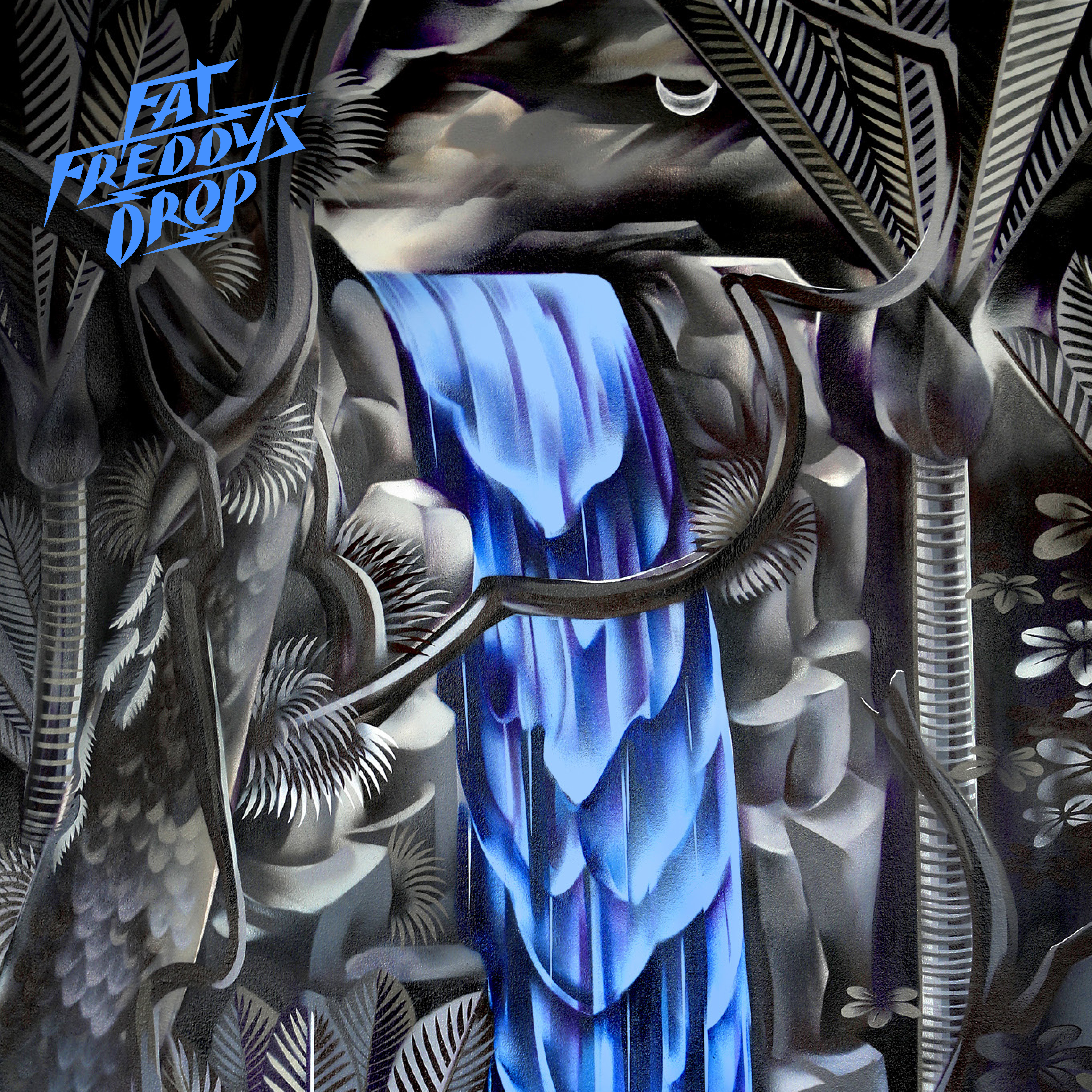
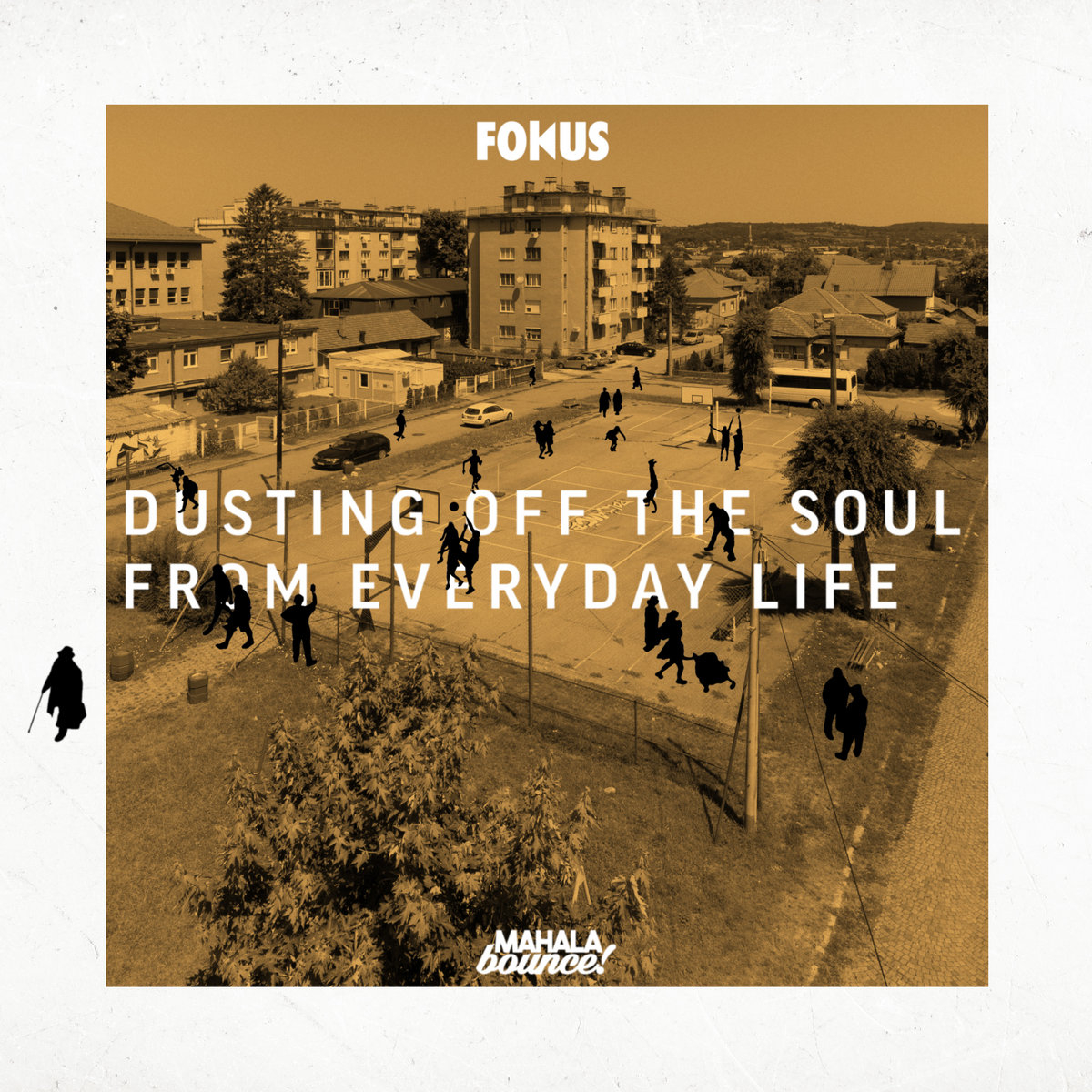


![[english] Dub FX: "It's every musician's dream to be successful"](/media/k2/items/cache/eafbefa37f217374d63a3af098f8a208_L.jpg)
